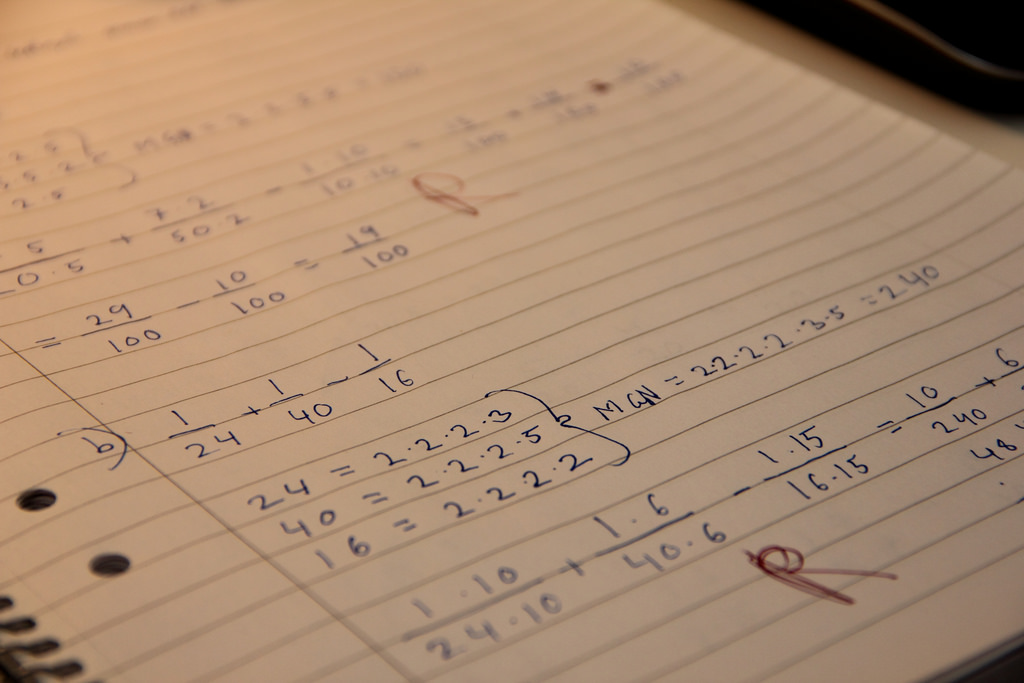When it comes to homework, there seems to be little consensus about how much time students should spend on it and how much work teachers should assign.
Photo: Bigstock
Instead of just asking what the right balance should be between the amount and the time spend on homework, educators should ask themselves the reasons behind assignments and the results they seek with them.
In one study, researchers found that the more time students spend on homework, the more stress they are, and the less time they spend socializing and taking extracurricular classes. The National PTA and the National Education Association of the United States suggest that students in grades K-2 should spend between 10 to 20 minutes in their homework, and 30 to 60 minutes for students in grades 3rd to 6th. High school students should spend approximately 30 minutes for each class they have, and a little more for honors courses.
A widely used metric for assigning homework could help educators to figure out how much homework to assign. “The 10-minute rule,” says students should devote ten minutes per degree every day. For example, a first-year student must dedicate only ten minutes to his or her homework, while a senior will have 120 minutes per day.
For first graders, 10 minutes a day for homework can help them develop study habits so, as they grow, have more assignments and their cognitive abilities mature, children, learn to be responsible and are encouraged to apply independent learning.
Whether assigning homework leads to higher academic achievement or not, researchers did not come to any concrete conclusions. Some studies show a clear connection between homework and performance, and some say there is a negative connection between homework and achievement and others even report no association at all.
Why do research on this subject report such different findings? Academics report problems such as the development of young children or teachers’ goals. Also, most of them examine homework in general and not by subject, which would help to understand better the connection between homework and academic achievement.
Besides, teachers should focus on assigning homework that it is of high quality and with clear objectives. Homework should focus on what the student can do without help. Also, it should embody the degree of difficulty according to the student progress, suggest a time frame to complete the homework instead of a fixed period, give clear instructions and shape the methods used to solve long or complex problems.
Although the debate between the amount of homework assigned and the time spent continues, it is important to remember the benefit that good homework can bring to the student. Students whose teachers have trained them through homework can adopt strategies such as goals setting, self-control, and planning. As well as developing a series of personal assets like improving time management, higher self-efficacy, and a desire for mastery.
This article from Observatory of the Institute for the Future of Education may be shared under the terms of the license CC BY-NC-SA 4.0 
)
)



)
Paulette Delgado
Paulette Delgado
Paulette Delgado